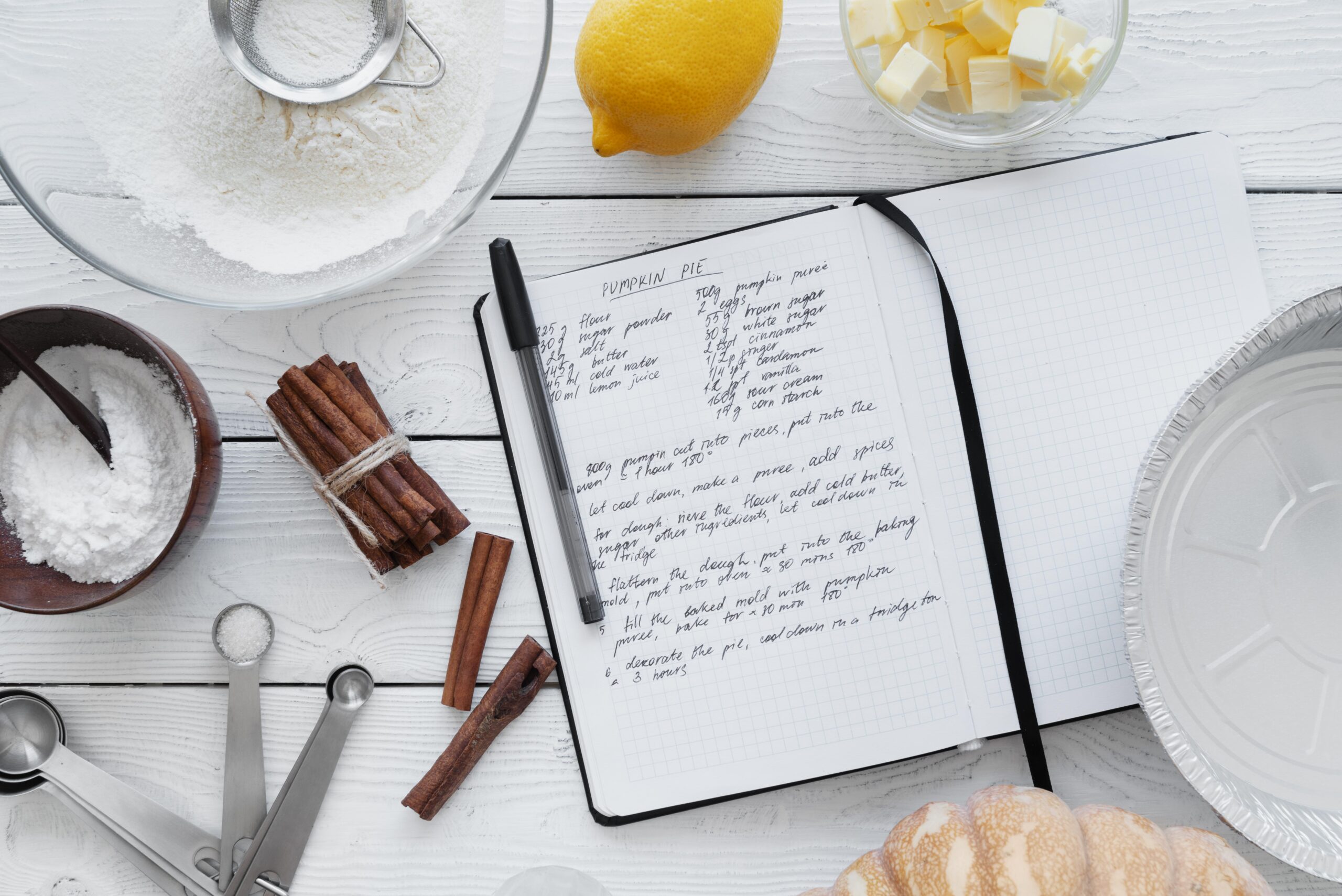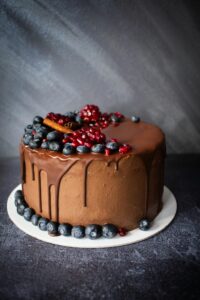Baking is a beautiful blend of science and creativity. Unlike cooking, where improvisation often leads to delightful surprises, baking demands precision. One misstep, and your fluffy cake could turn into a dense disaster. That’s why recipes aren’t just helpful—they’re essential. In this article, you’ll learn why following a method is crucial to baking success and how ignoring one can lead to frustrating failures.
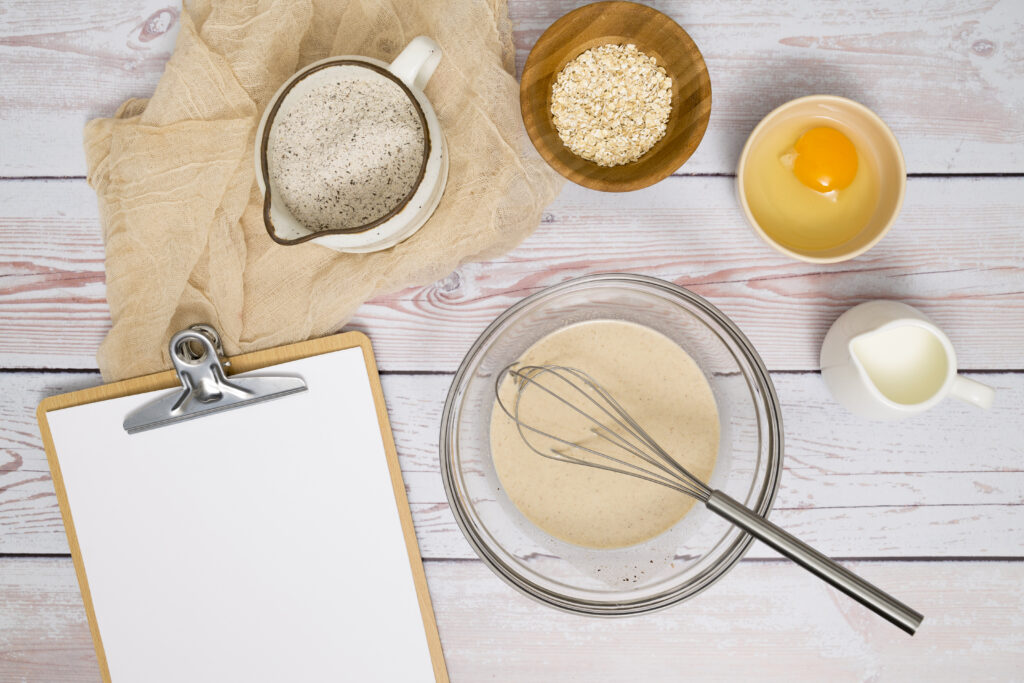
Table of Contents
1. Baking is a Science – Not Just an Art
Accuracy Matters More Than You Think
While artistic flair does have a place in baking, the process is deeply scientific. Methods are based on exact measurements for a reason. A tablespoon too much flour or a missing egg can change everything. Just like a chemist wouldn’t guess their measurements, a baker shouldn’t either.
Negative consequence of skipping measurements? Expect collapsed cakes, undercooked centers, and chewy cookies when they should be crisp.
Positive takeaway: Following this ensures reliable chemical reactions that produce mouthwatering results.

2. Recipes Provide the Blueprint for Success
Structure Leads to Confidence
Imagine trying to build a house without a blueprint. Sounds chaotic, right? The same applies to baking. This provides step-by-step instructions so that you can build your bake layer by layer with confidence.
- Want to make a multi-layered chocolate cake?
- Need to know when to fold versus mix vigorously?
This guides your journey, ensuring each stage builds toward perfection. No more second-guessing.
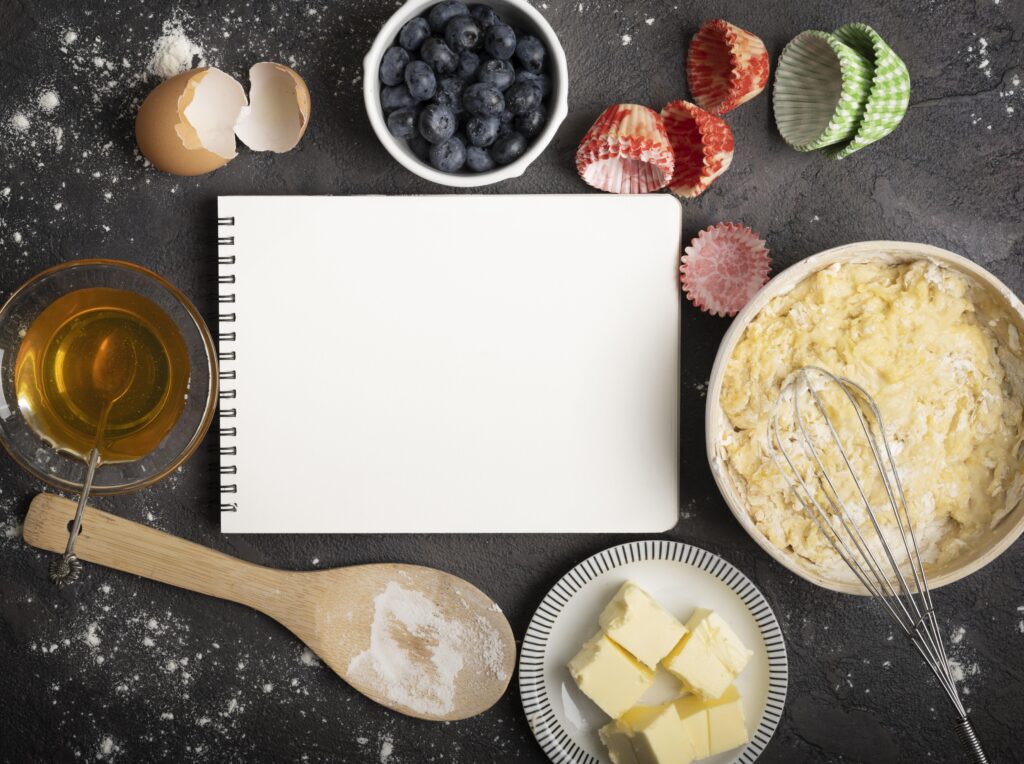
3. Precise Ratios Prevent Baking Disasters
It’s All About Balance
Baking is delicate. The ratio of dry to wet ingredients, the balance between acids and bases, even the order of mixing—it all impacts the final product.
For instance:
- Too much flour = dense and dry results.
- Too little baking soda = flat, lifeless cakes.
- Skipping salt = bland, flavorless disaster.
These small miscalculations can be devastating. Following this eliminates the guesswork and ensures your desserts are delightful every time.
4. Timing and Temperature Are Critical
Methods Help You Avoid Overbaking or Undercooking
Time and temperature aren’t suggestions in baking—they’re essential components. This tell you:
- When to preheat your oven (and to what degree).
- How long to bake.
- When to cool and for how long.
Ignoring these details can result in burnt edges, soggy bottoms, or uneven textures. That kind of frustration can crush your confidence.
Positive power: Follow that, and you’ll hit the baking sweet spot with ease.
5. Consistency is Key—Especially in Business
Methods Ensure Repeatable Results
Whether you’re a home baker or running a professional bakery, consistency builds trust. Customers expect the same quality every time they order. If your vanilla cupcakes taste amazing one day and just “meh” the next, you risk losing loyalty.
With this, you can recreate the same magic again and again. That’s not just good baking; it’s good business.
6. Recipes Teach Technique
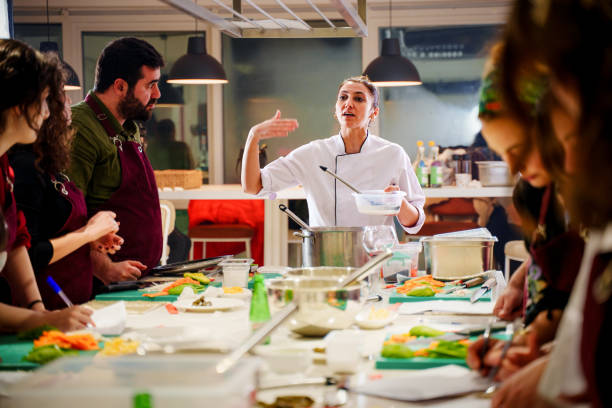
Learning Through Structure
Every good baker starts somewhere. This serve as learning tools that teach:
- The proper way to cream butter and sugar.
- Why folding matters in soufflés.
- When to chill dough before baking.
Once you master the techniques within this, you earn the freedom to experiment later. But until then, the guidelines is your mentor.
7. Saves Time, Money, and Heartache
Baking Without a Instructions Is Risky
How many times have you heard someone say, “I just eyeballed it,” only for the result to end up in the trash? Wasted ingredients cost money, and failed bakes waste time.
- Negative sentiment: It’s disheartening to spend hours only to end up with a disaster.
- Positive sentiment: With a trusted this, you can bake with confidence, knowing you’re not gambling with your time or your ingredients.
Bonus Tip: How to Follow a Methods the Right Way
- Read the entire methods before starting – This avoids surprises midway.
- Prep ingredients in advance – Known as mise en place, this keeps you organized.
- Measure precisely – Use a digital scale for accuracy.
- Follow the order – There’s a reason steps are arranged how they are.
- Don’t rush – Let each stage complete before jumping to the next.
Conclusion: Recipes Are the Heartbeat of Baking
When it comes to baking, flying blind for disaster—pun intended. Whether you’re baking your very first banana bread or crafting the perfect croissants, a methods is your roadmap to sweet success. It reduces stress, boosts consistency, and helps you learn the beautiful logic behind every delicious bite.
So next time you’re tempted to skip steps or swap out ingredients without thinking twice, remember: this is there to help you succeed—not restrict your creativity.
Powerful bakers follow powerful recipes.
Why is it important to follow a recipe when baking?
Following a methods in baking is crucial because baking relies on precise measurements, timing, and techniques. A methods ensures the right chemical reactions occur, leading to consistent, high-quality results every time.
What can happen if I don’t use a recipe when baking?
Skipping a instructions can lead to several issues such as undercooked centers, overly dense textures, bad flavor balance, or completely failed bakes. Without a methods, you’re guessing—and baking doesn’t leave much room for error.
Can I change ingredients in a baking recipe?
While small substitutions may work (like swapping butter for margarine), major changes can disrupt the delicate balance in a baking methods. It’s best to follow the recipe exactly unless you’re experienced or using tested substitutions.
Are baking and cooking recipes equally important?
Baking recipes are generally more important to follow strictly compared to cooking recipes. That’s because baking involves chemical reactions that need exact measurements and temperatures, while cooking allows more improvisation.
Do professional bakers still use recipes?
Yes, even professional bakers use recipes to maintain consistency and quality—especially in commercial settings where customers expect the same taste and texture every time.

